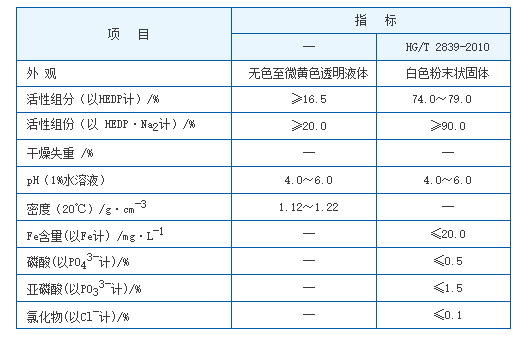Strategies for Preventing Corrosion and Scale Formation in Industrial Water Systems and Equipment
Corrosion and Scale Inhibitors Essential Tools for Industrial Maintenance
Corrosion and scale buildup in industrial systems are two of the most significant challenges facing engineers and facility managers today. These phenomena not only lead to failures and reduced operational efficiency but can also pose safety risks and result in costly repairs. To combat these issues, the use of corrosion and scale inhibitors has become an essential component in the maintenance of various industrial processes, particularly in sectors such as oil and gas, water treatment, and power generation.
Understanding Corrosion and Scale
Corrosion is the gradual destruction of materials, usually metals, due to chemical reactions with their environment. Factors such as moisture, temperature, and the presence of corrosive agents can exacerbate this process. For instance, in pipelines transporting oil or water, corrosion can lead to leaks and system failures, which are not only costly but can also pose environmental hazards.
On the other hand, scale refers to the buildup of minerals, primarily calcium and magnesium salts, on the surfaces of pipes and equipment. This accumulation can significantly reduce the efficiency of heat exchangers, boilers, and cooling towers by insulating surfaces and impeding fluid flow. Consequently, the reduction in heat transfer efficiency can elevate energy consumption and operational costs, necessitating frequent maintenance and cleaning.
The Role of Inhibitors
Corrosion and scale inhibitors are chemical substances designed to minimize these detrimental effects. Corrosion inhibitors work by forming a protective film on the surface of metals, thus preventing corrosive substances from reacting with the material. These inhibitors can be classified into several categories, including anodic, cathodic, and mixed inhibitors, each serving different specific environments and materials.
corrosion & scale inhibitors

Scale inhibitors, on the other hand, prevent the formation and precipitation of scale deposits. They achieve this by either modifying the crystallization process of scale-forming minerals or by dispersing existing particles to prevent them from adhering to surfaces. Common types of scale inhibitors include phosphonates, polycarboxylates, and phosphates.
Application in Industry
In industries such as oil and gas, the challenges posed by corrosion and scale are heightened due to the harsh environments in which equipment operates. Corrosion inhibitors are often injected into pipelines and tanks to prolong service life and reduce maintenance costs. For instance, amine-based inhibitors are popular in upstream operations, while surfactant-based inhibitors are frequently used in refining processes.
In water treatment facilities, the application of scale inhibitors ensures that water systems remain efficient. These facilities often deal with hard water, which can lead to significant scaling in pipes and boilers. By adding scale inhibitors, operators can maintain optimal thermal performance while reducing the frequency of maintenance interventions.
The power generation sector also heavily relies on these inhibitors. Cooling towers, critical to maintaining operational temperatures, are particularly susceptible to both corrosion and scale buildup. The use of dual-action inhibitors, which target both issues simultaneously, has become increasingly common to enhance overall system efficiency.
Conclusion
Corrosion and scale inhibitors are vital for maintaining the integrity and efficiency of industrial processes. By implementing these chemical treatments, industries can prevent equipment failures, reduce downtime, and minimize maintenance costs. As technology advances, the development of more effective and environmentally friendly inhibitors will be critical in addressing the ongoing challenges of corrosion and scale. Ultimately, investing in these solutions not only contributes to operational efficiency but also promotes sustainability by extending the lifespan of critical infrastructure.
-
Pbtc Scale InhibitorPBTC: A Scale Protector for Industrial Water TreatmentNewsAug.05,2025
-
Organic Phosphonate: An Efficient Defender in the Field of Scale InhibitionNewsAug.05,2025
-
Hydrolyzed Polymaleic Anhydride: Green Pioneer in Scale Inhibition FieldNewsAug.05,2025
-
PAPEMP Polyamino Polyether Methylene Phosphonic Acid For SaleNewsAug.05,2025
-
Flocculant Water Treatment: A Pioneer in Purification in the Field of Water TreatmentNewsAug.05,2025
-
Benzyl Isothiazolinone: An Efficient and Broad-Spectrum Antibacterial Protective GuardNewsAug.05,2025





